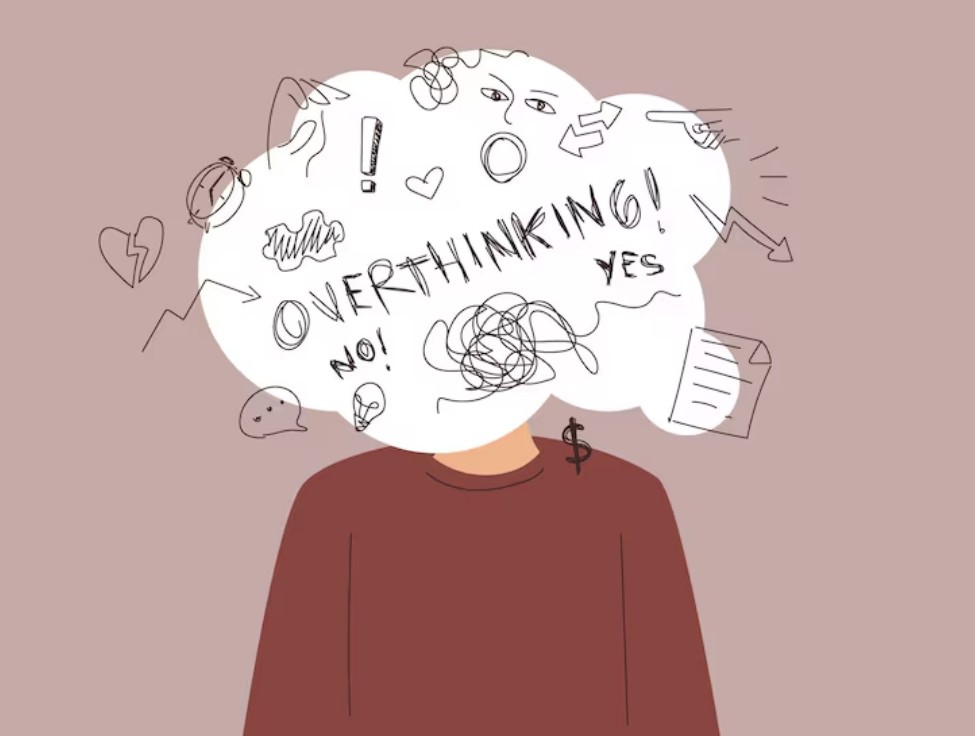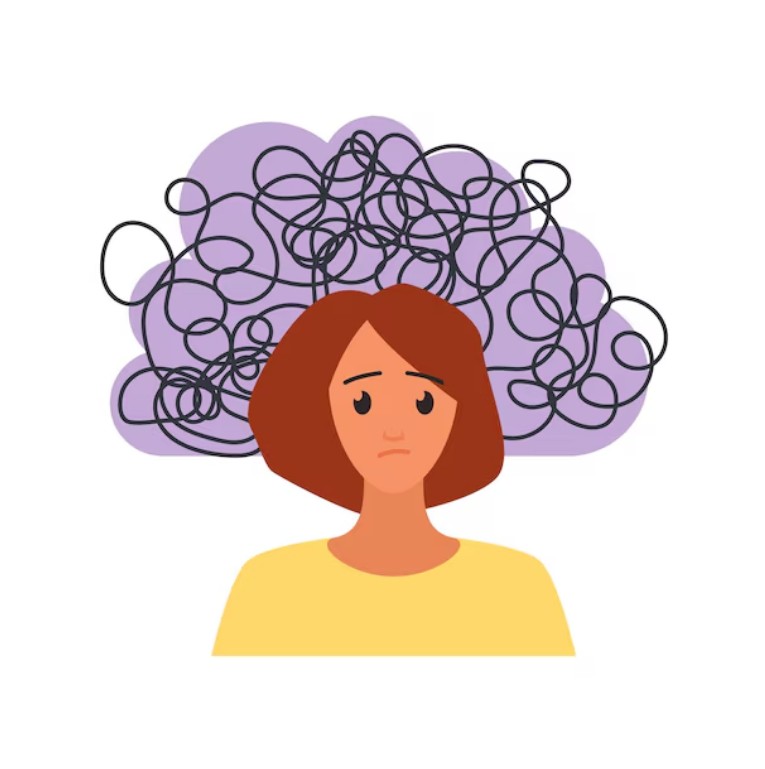
Overthinking has become a widespread challenge affecting millions of people worldwide, draining energy and disturbing peace of mind. Corporate trainer and leadership coach Kruti Sharma explains how this mental habit impacts overall well-being and shares expert strategies to break free from the cycle.
"Overthinking is known to make you stressed, anxious, frustrated and insecure," states Kruti Sharma. In today's fast-paced world, many individuals find themselves trapped in repetitive thought patterns that repeatedly replay the same worries.
While normal thinking helps solve problems, overthinking produces the opposite effect. The mind becomes stuck in endless loops of analysis, leading to stress, anxiety, and emotional exhaustion rather than solutions.

Sharma identifies several key triggers that lead to overthinking patterns. Fear of the future, regrets about past decisions, lack of confidence, and overwhelming stress create fertile ground for mental rumination. Perfectionism and constant comparison with others further fuel this destructive habit.
The physical and mental consequences prove concerning. Chronic overthinking can cause headaches, poor sleep quality, irritability, and increased risk of depression or anxiety disorders. It also reduces focus, making it significantly harder to enjoy the present moment.
Sharma emphasises focusing on the present moment through deep breathing, meditation, or simply observing your surroundings. "Don't carry the emotional baggage from the past and don't punish or go on a guilt trip by overthinking about things that are not in your control," she advises.
Accepting that not every situation can be controlled helps break the overthinking cycle and brings mental peace.
The expert recommends allowing just a few minutes daily for worry time, then consciously moving on to other activities. This structured approach prevents thoughts from consuming entire days while still acknowledging concerns.
Don't Miss: 5 Things That Happen in Your Brain When You Fall in Love – Explained by Psychologist & Sex Therapist
Regular exercise or simple walks effectively release stress and shift mental attention away from repetitive thoughts. Sharma notes that consistent physical activity produces noticeable improvements in mental clarity and emotional balance.

Writing down thoughts provides clarity and emotional release. Sharma suggests regular journaling as a powerful tool to process feelings and gain perspective on overwhelming situations.
"Talking to family or friends can reduce unnecessary worries," explains Sharma. She also recommends joining support groups where individuals can share struggles with others experiencing similar challenges.
These evidence-based strategies offer practical pathways to mental freedom. By implementing these expert-backed techniques, individuals can escape overthinking patterns and cultivate more joyful, peaceful lives focused on present-moment awareness rather than endless mental loops.
Don't Miss: Mental Health Warning Signs Women Should Never Ignore: Spot Silent Struggles Early and Offer Support
Keep reading Herzindagi for more such stories.
Image Courtesy: Freepik
Also watch this video
Herzindagi video
Our aim is to provide accurate, safe and expert verified information through our articles and social media handles. The remedies, advice and tips mentioned here are for general information only. Please consult your expert before trying any kind of health, beauty, life hacks or astrology related tips. For any feedback or complaint, contact us at compliant_gro@jagrannewmedia.com.